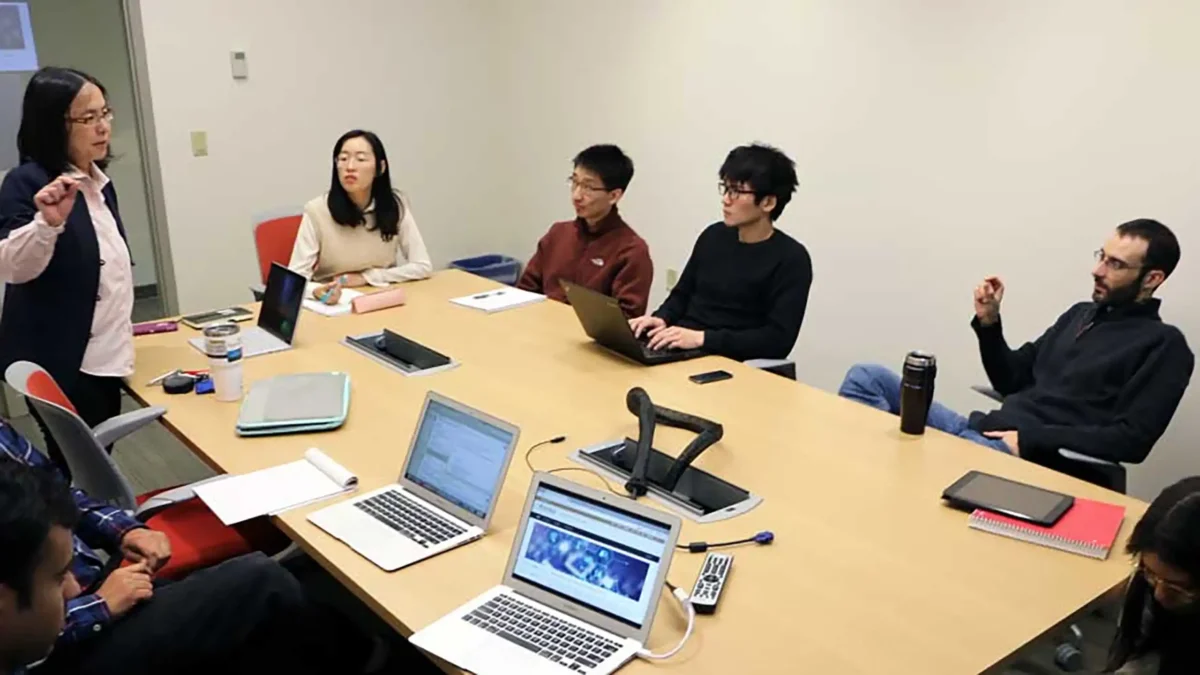Research | Blockchain | NC State ISE
Research
Blockchain Simulation
Our research is to apply simulation methodologies in the analysis of blockchain with a focus on vulnerability and risk assessment including:
- Conducting a thorough literature review of the simulation modeling and statistical analysis of blockchain.
- Building a series of simulation models (discrete-event and agent-based). We plan to apply the agent-based simulation modeling of the blockchain to conduct sensitivity analysis and risk assessment including:
- Identifying metrics to measure the performance of blockchain.
- Introducing systematic stochastic components to test the vulnerability and volatility of the system.
- Using the simulation model to benchmark the performance of emerging blockchain-based system performance and build a standard similar to S&P. There will be a huge impact on this work, which requires that the simulation models be updated in real-time.
Blockchain for IoT / Supply Chain
The Internet of Things (IoT) is a fast-growing industry destined to transform homes, cities, farms, factories, and practically everything else by making them smart and more efficient. It will be challenging for the current infrastructure and architecture underlying the Internet and online services to support the huge IoT ecosystems of the future. Blockchain technology, on the other hand, will enable the creation of secure mesh networks where IoT devices will interconnect in a reliable way while avoiding threats such as device spoofing and impersonation. Our research plan on this topic includes:
- Conducting a thorough literature review of IoT and blockchain.
- Studying the impact of block technology on IoT and Supply Chain Management as blockchain settles security, privacy, and reliability concerns in these areas. Specifically, we plan to study blockchain technology under different market structures and game structures to test how and when blockchain technology can be useful.
Blockchain for Big Data and AI
Blockchain technology, in essence, is a database. It has the potential to change the way the world approaches big data with enhanced security and data quality are just two of the benefits afforded to businesses. Our research will focus on the following tracks:
Edge Computing
The decentralized nature of blockchain calls for new AI protocols as traditional AI methods focus on model training in a centralized manner. Edge computing, on the other hand, utilizes the nodes distributed over the blockchain to compute and train the AI model.
Real-Time Analytics
Banking institutions have always relied on using technologies to identify fraudulent transactions after the fact so real-time fraud detection has only been a pipe dream. Since the blockchain has a database record for every single transaction it provides a way for institutions to mine for patterns in real-time if need be.

